Ikonografi skënderbegiane – Pjesa IV
Që figura madhështore e Heroit Kombëtar Shqiptar Gjergj Kastrioti Skënderbeut është trajtuar dhe glorifikuar historikisht nga emra të shquar të klasicizmit, humanizmit e iluminizmit europian e botëror, në mbushulli veprash historike, letrare e artistike – të cilat qëndrojnë në themel të shkencës skënderbegiane –, kjo përbën, me të drejtë, ajkën e krenarisë sonë kombëtare. Por që figura e tij të vihet edhe në qendër të baladës angleze të shekullit XVII Shën Gjergji dhe Dragoi, recituar e kënduar si litani në kishat anglikane, duke e bërë Skënderbeun tonë të barabartin e mbi 50 heronjve më të mëdhenj të të gjitha kohërave, – ja një veçanti e madhërishme për ikonografinë skënderbegiane. Për më tepër që kjo baladë angleze përbën në vetvete një lloj himni për kombin e ndritur anglez që ka për shenjt mbrojtës pikërisht Shën Gjergjin.
Dita e Shën Gjergjit – përcaktuar dikur 23 prilli, ka qenë festa tradicionale angleze dhe vetë kryqi i kuq i Shën Gjergjit në sfond të bardhë është flamuri i Anglisë. Deviza anglo-normande që e shoqëron “Hony soit qui mal y pense” – Mallkuar qoftë kush keq mendon, përbën emblemën e Urdhërit të Zharëtierës, urdhri më i lartë i kalorësisë britanike. Tepër i habitshëm është edhe fakti që Shekspiri (1564-1616), dramaturgu më i madh anglez e botëror, lindi dhe vdiq pikërisht më 23 prill, ditën e Shën Gjergjit.
Ballada angleze “Shën Gjergji dhe Dragoi” vë në dukje para së gjithash madhështinë e Shën Gjergjit, tek tingëllon si një rivendikim identiteti anglez. E shfaq Shenjtin Mbrojtës përmbi Heronjtë e mëdhenj të të gjitha kohërave duke shprehur në formë refreni ndjenjën e fuqishme të krishterë se vetëm kreshnikëria e Shën Gjergjit që u përball e mposhti Dragoin, simbolin e së keqes e të djallit është bëma më e lartë fisnike kalorësiake, e pakrahasueshme me kurrfarë tjetër dhe se të mohosh një gjë të tillë është e turpshme, mjaft që ta shkosh nëpër mend.
Balada apo romanca kalon kësisoj në “revistë” tërë heronjtë mitikë, antikë, klasikë e figura të ndritura të kombit anglez, francez dhe kombeve të tjera, gjithësecili me bëmën e vet karakteristike, me kreshnikërinë e vet të mahnitshme, por përsëri të pakrahasueshme me Bëmën e Lartë të Shën Gjergjit.
Pa u ndalur në karakteristikën fisnike të çdo Heroi a Princi, të çdo lloj kohe, që la gjurmë të pashlyeshme në Histori me Bëmën e vet, në emër të humanizmit e njerëzimit, ja ku na shfaqet në Baladë figura e Heroit tonë Kombëtar Gjergj Kastrioti Skënderbeut për bëmën e tij madhështore, atë luftë çerekshekullore kundër ish superfuqisë së kohës Perandorisë osmane. Brenda një vargu, në formë sintetike e me kundërvënie të fuqishme shfaqet, thjesht e prerë vetë kreshnikëria kastriotine: “Skanderbegun e madh Pasha Muhameti frikë e kish”(!)
Krejt qëndresa heroike shqiptare përfshihet këtu, brenda këtij vargu esencial: Një Pasha Mehmet II, në krye të hordhive të tij 130-150 mijë vetëshe, në luftë të pareshtur 25 vjeçare me Skënderbeun e Madh në krye të gardës së tij pretoriane me 5 mijë kalorës dhe me një ushtri që nuk i kalonte më shumë se 20 mijë këmbësorë. Shpërpjestime të tilla numerike të kujtojnë me të drejtë luftën e Davidit kundër Goliatit, kur cilësia, virtyti, ndjenja e mbrojtjes dhe vetëdija kombëtare marrin përparësi e ngadhënjejnë ndaj sasisë numerike, vesit dhe ndjenjës për pushtim, gllabërim, mposhtje e poshtërim. Është kjo, përballja historike në dualitetin “E mirë – E keqe” sintetizuar gjatë kristianizmit në luftën e Shën Gjergjit kundër Dragoit.
Dy vargje të tjera që pasojnë vargun e mësipërm janë po aq kuptimplota: “Eshtrat e tij fitimtare, hajmali u bënë si u varros në kishë;/ Bejlerbegët e tij mbi krye mbanin brirët e dhisë, tek e quanin Gjergj Kastriot.” Nuk ka më bukur! Heroi shqiptar ngadhënjimtar Gjergj Kastrioti, shpallur nga papati “Atleti i Krishtit”, në paralelizëm të plotë me Heroin e krishtërimit Shën Gjergjin! Këtë paralelizëm e kemi shtjelluar tashmë në studimin tonë “Figura e Skënderbeut që bashkoi Nolin me Konicën”, botuar në këtë forum të Zemrës Shqiptare/Zemra jonë:
http://www.zemrashqiptare.net/news/40298/fotaq-andrea-skenderbeu-bashkoi-nolin-me-konicen.html
Nga ana tjetër, kemi në këto vargje edhe dy elementë themelorë simbolizues që përjetësojnë lavdinë kastriotine: “eshtrat hajmali të Skënderbeut” dhe “brirët e dhisë në përkrenaren e tij”. Balada angleze duket sikur e thotë açik: “ushtarët turq mbanin në gjoks eshtra hajmali të lavdisë skënderbegiane”, eshtra këto që na shfaqen si “të shenjtëruara”, teksa “kreshnikët shqiptarë (bedjlerbegët) mbanin mbi krye brirët e dhisë”, ato brirë që të kujtojnë historikisht Pirron e Epirit, Aleksandrin e Madh, vetë “dhinë mitologjike Amaltea”.
Është e njohur se arma simbol e Shën Gjergjit është ushta. Është po aq e njohur se edhe arma kryesore e stradiotit shqiptar – në themel të Kalorësisë së Lehtë Europiane me Gjergj Bastën në krye, që bëri Histori në shekujt XIV-XVII – është gjithashtu ushta, nga ku madje edhe fjala e bukur shqipe “ushtar”, “njeriu i ushtës”, “njeriu i zanatit të luftës”, siç është cilësuar historikisht vetë shqiptari. Gjë që nënkupton se çdo “ushtar” shqiptar ka mishëruar në vetvete një “Gjergj Kastriot”, një “Shën Gjergj”, nga ku edhe guximi i tij i pamatë dhe shpërthimi i ndjenjës së tij të fuqishme të Mbijetesës së lavdishme historike shqiptare.
Po japim më poshtë romancën lutësore angleze, pa hyrë në hollësitë domethënëse të bëmave të Heronjve të Mëdhenj apo të gjesteve të tyre mitike e simbolike, si guri i hobesë së Davidit të Vogël, apo nofulla e gomarit të Samsonit, e më tej preshi i simbol i Shën Davidit, shenjtit mbrojtës të Vendit të Galëve, etj. Janë simbole kuptimplota, po aq sa eshtrat-hajmali të Skënderbeut dhe brirët e dhisë që përmenden në baladë. Po e japim përkthimin e kësaj balade të plotë në nderim të popullit anglez dhe të kujtimit të Bajronit të Madh që i bëri të njohur shqiptarët në botë me vargjet e tij të pavdekshme, me kostumin shqiptar që mbajti të veshur aq hijshëm.
Më në fund, një recitim i shkëlqyer artistik i baladës në gjuhën origjinale angleze, me një zë melodioz sublim, që mbush kubetë dhe kupolat e kishave anglikane për të oshëtirë në pafundësi si lutje e mesazh hyjnor, që depërton për t’u mishëruar në çdo pore të besimtarit të krishterë dhe të vetë qenies njerëzore, mund të ndiqet me dëgjim në rrjetin:
https://ebba.english.ucsb.edu/ballad/34079/recording
https://ebba.english.ucsb.edu/ballad/34079/xml
Baladë angleze e shekullit XVII për Shën Gjergjin dhe Dragoin
kënduar si lutje në kishat anglikane
Përse u dashka mburrë Artur e kalorës të tij,
Kur ua njohim ato luftëra plot bëma e kreshnikëri ;
Përse u dashka folë për Sir Lansëlo të Liqerit,
A për Tristan të Leonisë, që për zonjëza u ndeshën ndezur nga dashuri;
Lëçitini ato të lashta histori dhe do shihni për bukuri,
Se vetëm Shën Gjergji, Shën Gjergji dragoin e mposhti gjithë trimëri,
Shën Gjergji qe për Anglinë, për Francën Shën Denisi,
Kush keq mendon, mallkuar përjetë qoftë, siç e nisi.
Palé për mbretër e monarkë sa gjatë do mund të flisni,
Apo për Romakët e lashtë që vetes i dhanë shkëlqim,
Me Hanibalë e Skipionë që luftuan plot guxim;
Palé të flisni për kalorësin kreshnik Rolandin Tërbimë;
Për Remin e Romulin që Romën ngritën në këmbë;
Por vetëm Shën Gjergji, Shën Gjergji dragoin vu nën këmbë;
Shën Gjergji qe për Anglinë, për Francën Shën Denisi,
Kush keq mendon, mallkuar përjetë qoftë, siç e nisi.
Njerëzit në luftë se ç’i shpunë Jefte e Gideon,
E të gjithë muarrën arratinë, Gibonitë e Amonitë,
Bëmë e Herkulit ndodhi aty, në luginën Bass;
Me nofull gomari njëmijë të vrarë Samsoni la pas;
E kur u verbua, Tempullin rrafshoi nga dhéu,
Por Shën Gjergji, Shën Gjergj dragoit shpinën ia theu
Shën Gjergji qe për Anglinë, për Francën Shën Denisi,
Kush keq mendon, mallkuar përjetë qoftë, siç e nisi.
Valentin e Orson gjak të Pepinit kishin në vena, bënin hata,
Alfred e Aldrikus kalorës kreshnikë qenë, plot bëma të mëdha;
Katër bijtë e Amonit me Karlin e Madh luftuan,
Fisniku Hugh i Byrdosë dhe Godfrej i Bujonit,
Të tërë kalorës frëngj qenë, paganëve fenë ua ndryshuan;
Por Shën Gjergji, Shën Gjergji zemrën ia shkuli dragoit,
Shën Gjergji qe për Anglinë, për Francën Shën Denisi,
Kush keq mendon, mallkuar përjetë qoftë, siç e nisi.
Henri V, Francën nën këmbë e vuri, e pushtoi,
E duke marshuar plot lavdi, krejt armët ia dërrmoi,
Shembi kala, shembi e shkretoi mbarë qytete,
Kurorë të dyfishtë e trefishtë në krye vu mbi vete,
Frëngjit i theu e në dhé të vet u kthye krenar pa njohur tutë
Por Shën Gjergji, Shën Gjergji, e bëri dragoin qingj të urtë
Shën Gjergji qe për Anglinë, për Francën Shën Denisi,
Kush keq mendon, mallkuar përjetë qoftë, siç e nisi.
Shën Davidi, siç e dini, djathë të shkrirë e preshin do,
E Jasoni ish ai që bashkën e artë e solli, kërkuar ngado;
E Patriku – mirë e dini -, Shën Gjergjit i shërbeu,
E, para se t’ia vjedhë, plot shtatë mote kalin ia ruajti, ia ushqeu,
Për këtë vepër aq të ndyrë, skllav mbet, e skllav të tillë askund nuk has;
Por Shën Gjergji, Shën Gjergji Dragoin goditi, e vrau,
Shën Gjergji qe për Anglinë, për Francën Shën Denisi,
Kush keq mendon, mallkuar përjetë qoftë, siç e nisi.
Tamberlani, perandori, brenda në kafaz kurorëzuar,
Flamuj të përgjakur shpaloste qytete më qytet të rrënuar;
Skanderbegun e madh, Pasha Muhameti frikë e kish,
Eshtrat e tij fitimtare, hajmali u bënë si u varros në kishë;
Bejlerbegët e tij mbi krye mbanin brirët e dhisë, tek e quanin Gjergj Kastriot;
Po Shën Gjergji, Shën Gjergji Dragoin coptoi atë mot,
Shën Gjergji qe për Anglinë, për Francën Shën Denisi,
Kush keq mendon, mallkuar përjetë qoftë, siç e nisi.
Otamon Tartari nga racë e Persëve ish,
Mongoli i madh gjoksin gjithë hekur dhe gozhdë e kish;
I riu grek Bucefalin kalëronte gjithë krenari,
Por ata nëntë kreshnikët Shën Gjergji i shihte me qesëndi;
Gustav Adolfi, i Suedisë ishte mbret, luftëtar i rreptë, të tërë i theu,
Por Shën Gjergji, Shën Gjergji, bishtin plot helm Dragoit ia preu,
Shën Gjergji qe për Anglinë, për Francën Shën Denisi,
Kush keq mendon, mallkuar përjetë qoftë, siç e nisi.
Poldragon e Cadwallader, për gjakun anglez ishin krenarë,
Por edhe pse Xhon i Gandit armiqtë i tmerroi, veç Shën Gjergji triumfoi;
Agamemnoni, Klemedoni e Maqedoni bënë tërë ato kreshnikëri,
Por përmbi ta, veç kampioni ynë shkëlqeu në trimëri;
Kalorësit guximtarë të Maltës, në luftë me turqit, shpatat i vringëllinë,
Por Shën Gjergji, Shën Gjergji, me Dragoin u ndesh, aty në shesh;
Shën Gjergji qe për Anglinë, për Francën Shën Denisi,
Kush keq mendon, përjetë mallkuar qoftë, siç e nisi.
Amazona Bidia, me bëmën e vet, Poetusin e mposhti, pa njohur tutë,
Me po aq egërsi sa një vandal, got, saraçin e çifut,
Të fuqishmit Holofernus, nderur në shtrat,
E urta Judit, kokën ia fluturoi me shpatë,
Trimi Qiklop me Jupterin u ndesh pa pyetur për rrufetë e tij,
Por Shën Gjergji, Shën Gjergji e vrau Dragoin, a s’është kjo një mrekulli?
Shën Gjergji qe për Anglinë, për Francën Shën Denisi,
Kush keq mendon, mallkuar përjetë qoftë, siç e nisi.
Që Mark Antoni u ndesh me mbretëreshë të Egjiptit, s’ka dyshim,
Sir Eglamori, ky kalorës kreshnik, s’kish njohur dështim;
Fuqi e Gorgonës kish marrë dhenë, e plakun Bevis kush nuk e kish frikë,
Mirmidonët e Prester Xhonët, përse vallë s’u njohën kalorës fisnikë?
Trimi Spinola qytetin Breda shtiu në dorë, Nassau, krahët ia mbuloi,
Po Shën Gjergji, Shën Gjergji Dragoin e dërrmoi,
Shën Gjergji qe për Anglinë, për Francën Shën Denisi,
Kush keq mendon, mallkuar përjetë qoftë, siç e nisi.


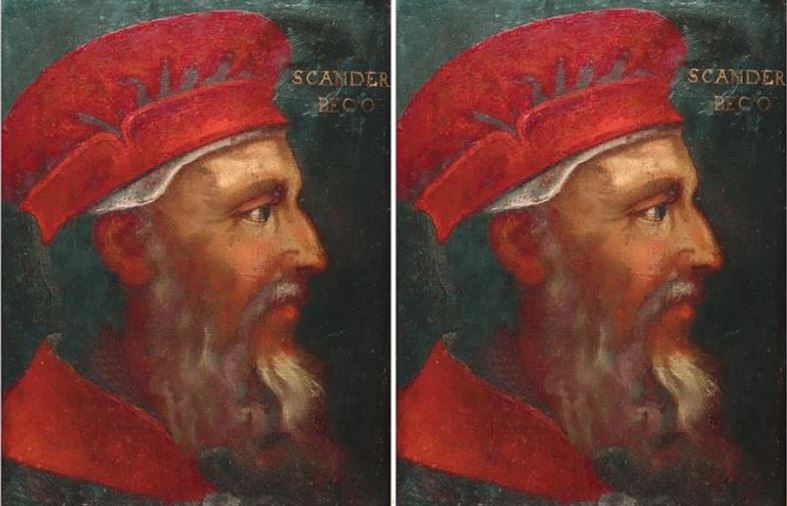
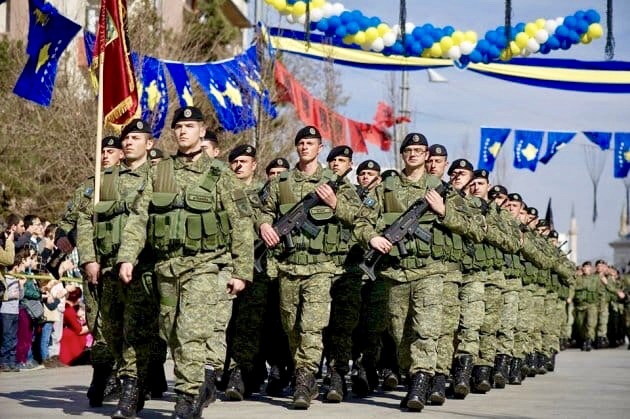




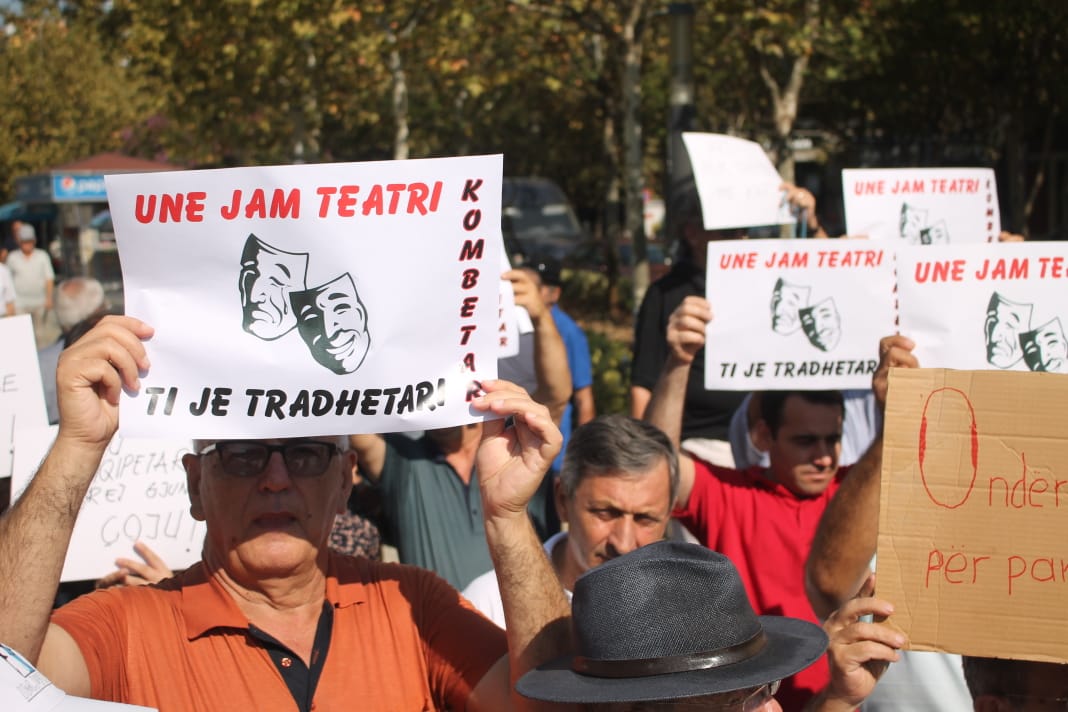



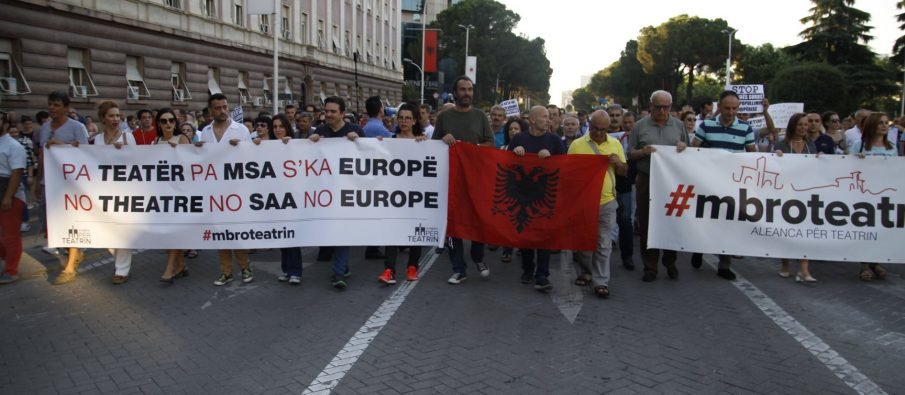


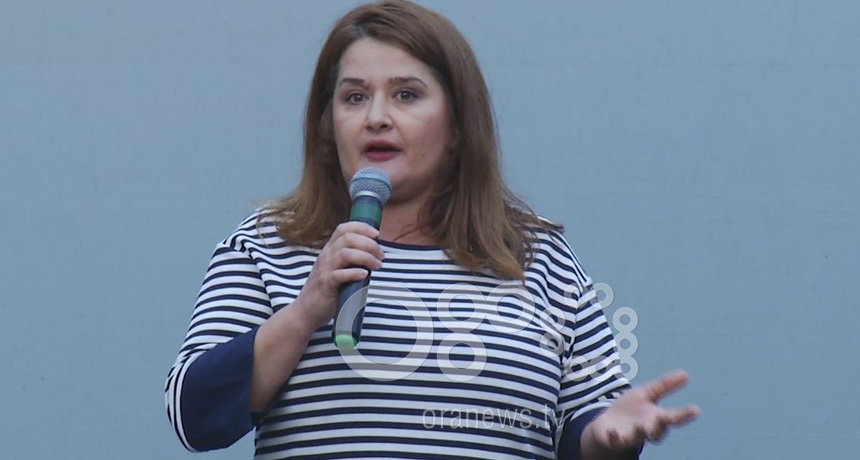
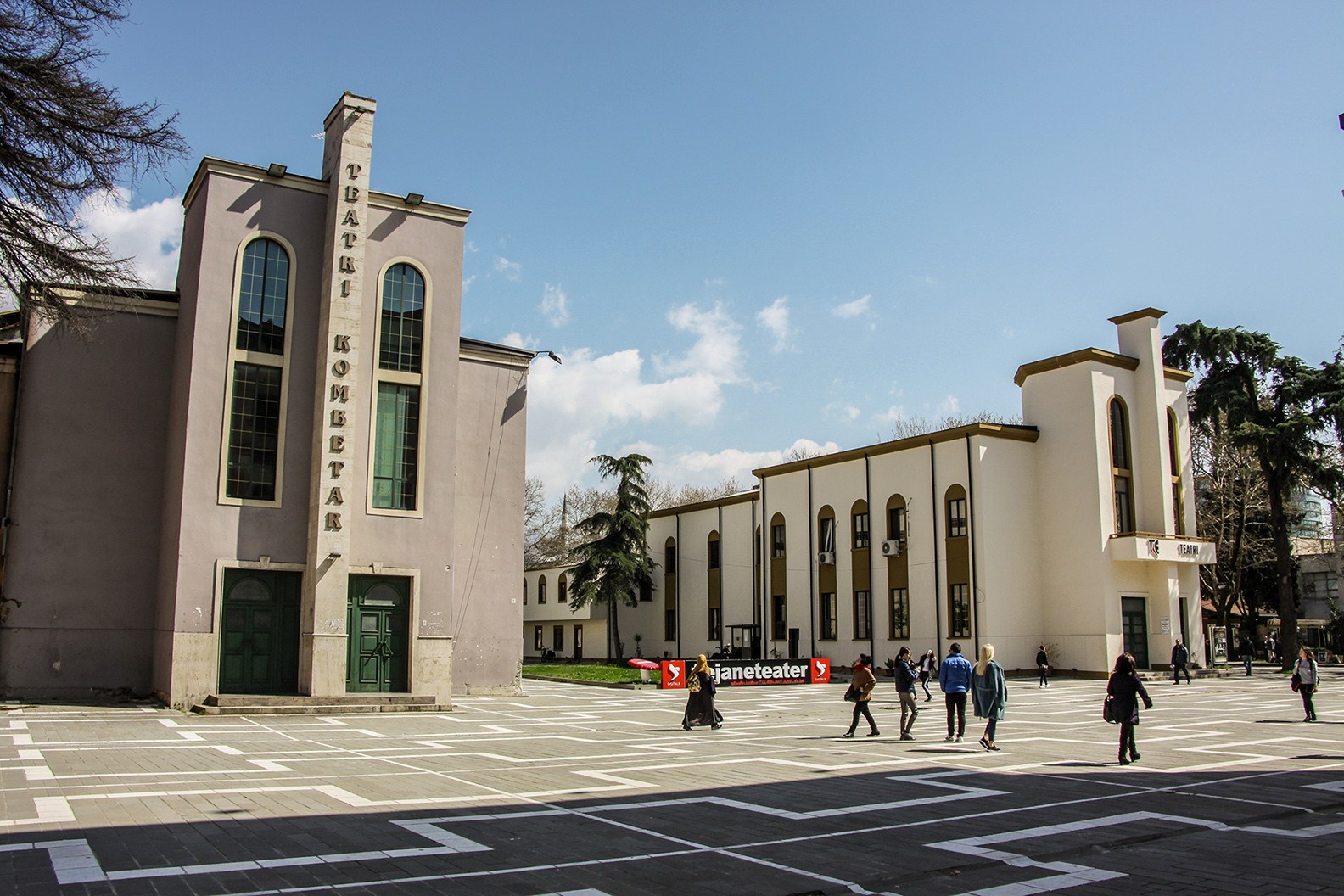
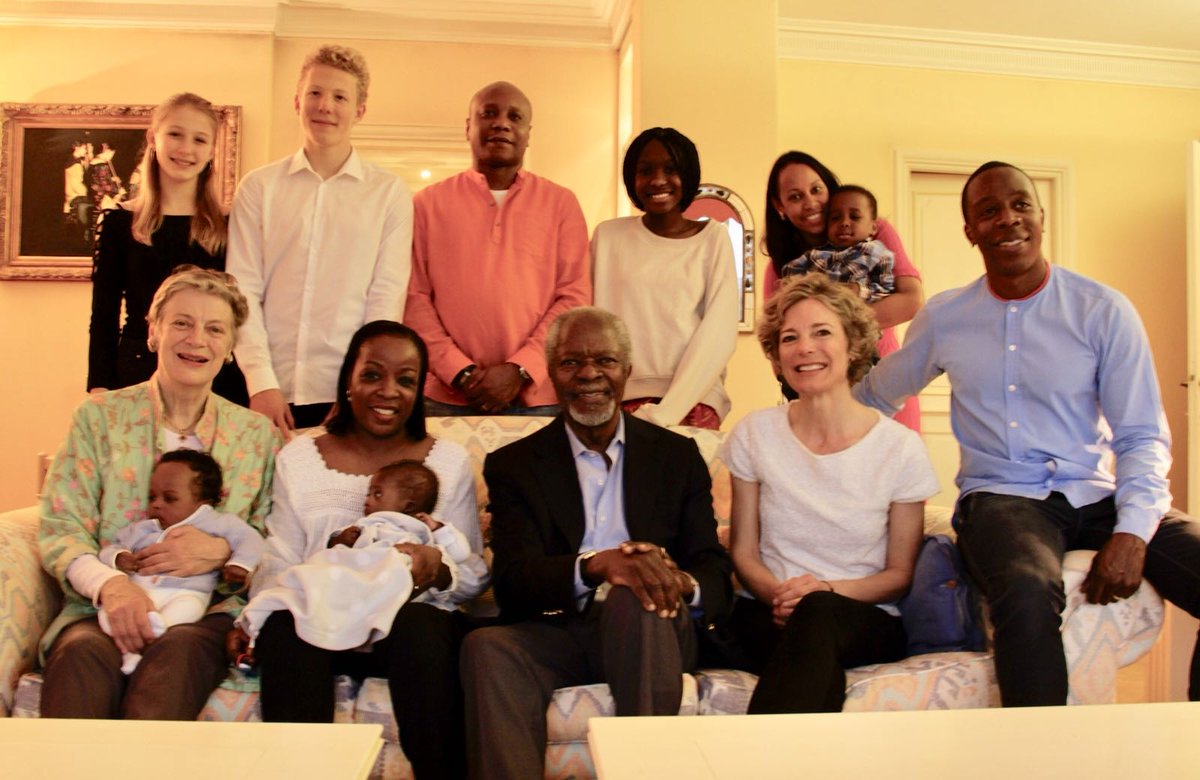

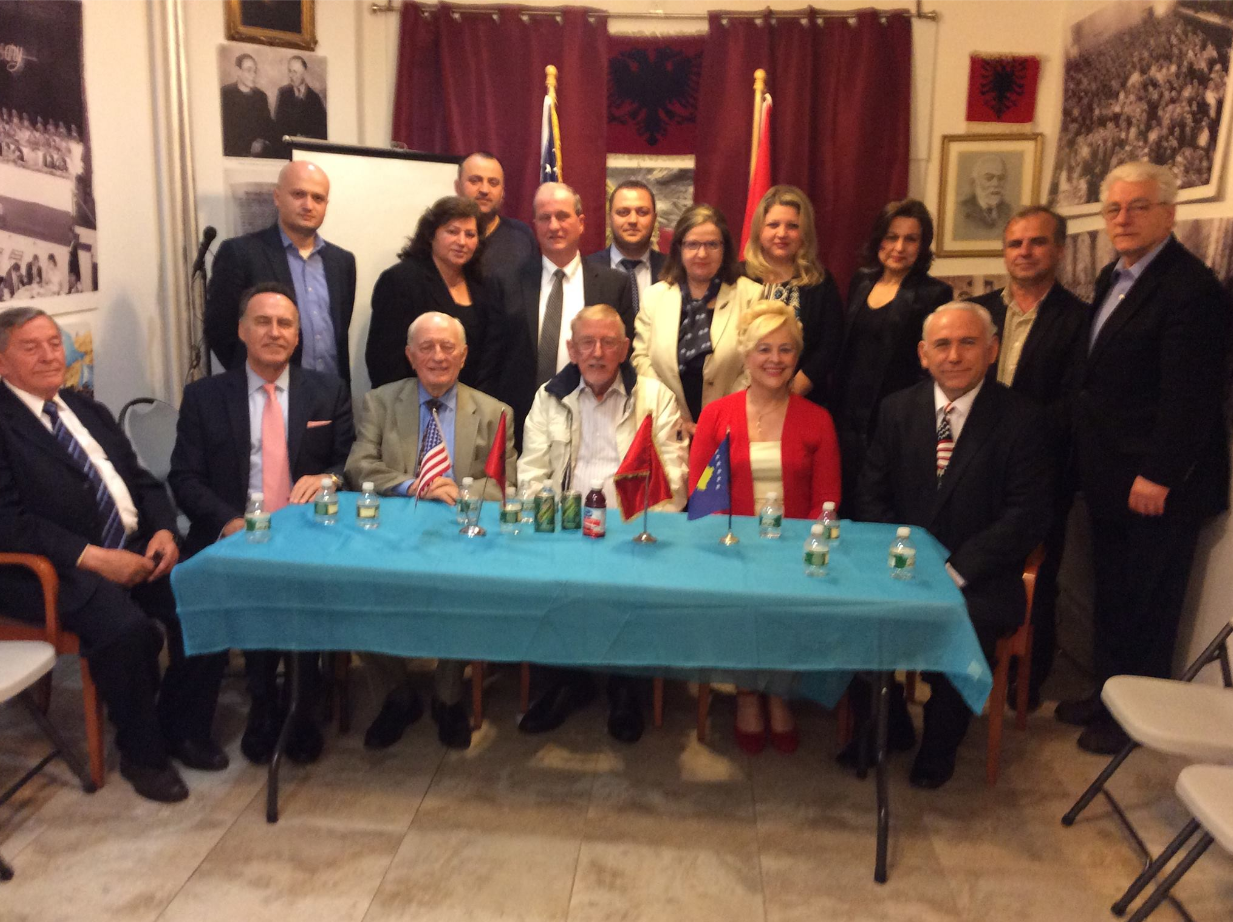
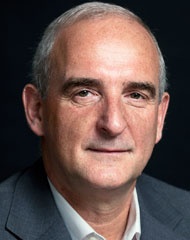
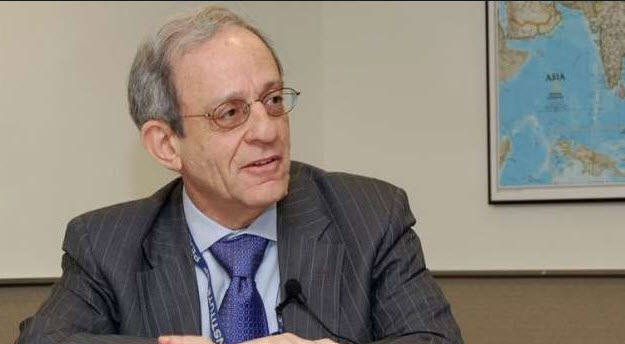
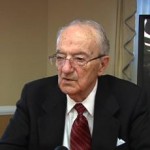
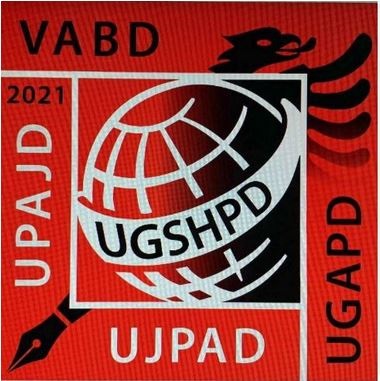













Do you want to look better in a bathing suit? Are you concerned about your health? Whatever your reasons are for wanting to work out, working to become more physically fit is something everyone should try to do. Here’s some advice that will get your quest for fitness off to a strong start.
The best fitness tip for building up your arms is to work opposite muscles in opposite sets of each other. The best example would be to work the triceps and then the biceps. Each has the opportunity to rest while the other is being worked. This minimizes your time and maximizes your workout.
Do not be afraid to motivate yourself before a work-out. There is no audience and no judgment if you want to give yourself a little pep-talk on the way into the gym. The benefits are very real; when you exercise with positivity you work out more successfully. Tell yourself you are going to have a great work-out and you probably will.
A good tip to help you get fit is to stick with whole wheat foods. Avoid things like white bread and white rice, and instead opt for whole wheat bread and brown rice. Whole wheat bread and brown rice are more nutritious and give you long lasting energy.
Talk a walk every evening. Walking is low impact and burns extra calories. It is a good way to start a work out routine for weight loss beginners. It is not only good for weight loss but it is also good for your general health and well being.
Staying fit isn’t just a way to look good at the beach. It’s an important part of a healthy lifestyle. Taking the time to exercise will make you feel as great as you look. Keep the tips in this article in mind, as you work to increase your level of fitness. They should make your workouts a lot easier.
https://www.acheterviagrafr24.com/